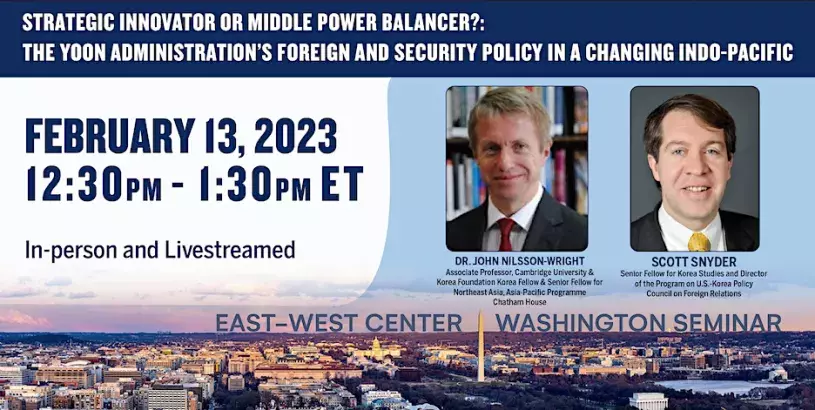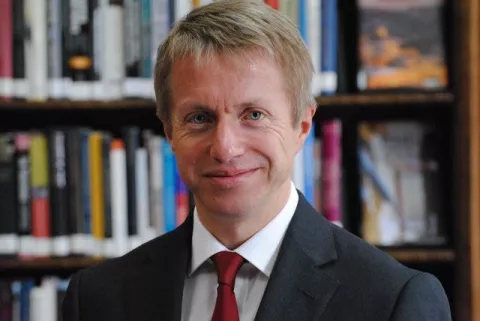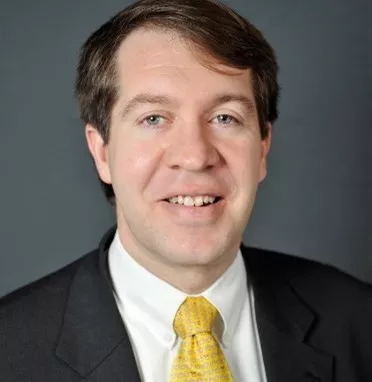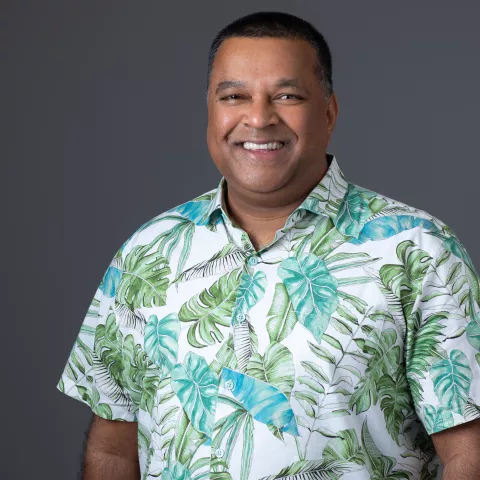Error message

OFFICE/DEPARTMENT
The East-West Center in Washington invites you to an
Indo-Pacific Foreign Policy and Defense Series Seminar:
Strategic Innovator or Middle Power Balancer?: The Yoon Administration’s Foreign and Security Policy in a Changing Indo-Pacific
A Conversation With:
Dr. John Nilsson-Wright
Associate Professor, Cambridge University &
Korea Foundation Korea Fellow & Senior Fellow for Northeast Asia, Asia-Pacific Programme
Chatham House
Scott Snyder
Senior Fellow for Korea Studies and Director of the Program on U.S.-Korea Policy
Council on Foreign Relations
Dr. Satu P. Limaye (Moderator)
Vice President, East-West Center &
Director, Research Program and East-West Center in Washington
In this seminar, Dr. John Nilsson-Wright will take stock of the changing nature of the foreign policy of the Republic of Korea under the administration of President Yoon Suk-yeol. In particular, Dr. Nilsson-Wright will examine the impact of the administration’s new Indo-Pacific Policy, the renewed focus on strengthened alliance ties with the United States, efforts to improve coordination with Japan and the immediate strategic challenge posed by North Korea. Alongside these critical foreign policy issues, speakers will also consider how partisan politics at home and controversies surrounding leadership legitimacy and national identity may complicate the process of effective foreign policy formulation.

Dr. John Nilsson-Wright (formerly Swenson-Wright) is associate professor at Cambridge University and an official fellow at Darwin College; he also is concurrently senior research fellow for Northeast Asia and Korea Foundation Korea Fellow with the Asia-Pacific Programme at Chatham House. He was head of the Chatham House Asia Programme from March 2014 to October 2016 and is a graduate of Christ Church and St. Antony’s College, Oxford and SAIS, Johns Hopkins University. His research focuses on Cold War history and the contemporary international relations of Northeast Asia, with reference to Japan and the Koreas.
He is the author and editor of a number of books including Unequal Allies? United States Security and Alliance Policy Toward Japan 1945-1960 (Stanford University Press, 2005); (with Prof. Rüdiger Frank eds.), Korea and East Asia. The Stony Road to Collective Security (Leiden, NH: Brill, 2013); (with Prof. Chung-in Moon eds.) Crisis of Peace and New Leadership in Korea: Lessons of Kim Dae-jung’s Legacies (Seoul: Yonsei University Press, 2014), The Politics and International Relations of Modern Korea (Routledge, 2016) and Global Britain and Proactive Japan: Developing a 21st Century Partnership (Royal Institute of International Affairs, 2019). Earlier work included an edited translation of the memoirs of Professor Wakaizumi Kei on the negotiations surrounding the reversion of Okinawa to Japan, entitled The Best Course Available (Hawai’i 1994) His current research focuses on populism and identity politics as a contemporary and historical phenomenon in both Europe and Northeast Asia. He is also a non-resident fellow at the Sejong Institute in Seoul, and visiting senior fellow (non-resident) at the Korea Centre, National University of Singapore (NUS).

Scott Snyder is senior fellow for Korea studies and director of the program on U.S.-Korea policy at the Council on Foreign Relations (CFR). His program examines South Korea’s efforts to contribute on the international stage; its potential influence and contributions as a middle power in East Asia; and the peninsular, regional, and global implications of North Korean instability. Mr. Snyder is the coeditor of North Korea's Foreign Policy: The Kim Jong-un Regime in a Hostile World (January 2023) with Kyung-Ae Park, author of South Korea at the Crossroads: Autonomy and Alliance in an Era of Rival Powers(January 2018), coauthor of Domestic Constraints on South Korean Foreign Policy (January 2018) with Geun Lee, Young Ho Kim, and Jiyoon Kim, and coauthor of The Japan-South Korea Identity Clash: East Asian Security and the United States (May 2015) with Brad Glosserman. Mr. Snyder served as the project director for CFR’s Independent Task Force on policy toward the Korean Peninsula. He currently writes for the blog Asia Unbound.

Dr. Satu Limaye is Vice President of the East-West Center and the Director of the East-West Center in Washington, Research Program, and Professional Development Program. HDr. Satu Limaye is Vice President of the East-West Center and the Director of the East-West Center in Washington, Research Program, and Professional Development Program. He created and directs the Asia Matters for America initiative and is the founding editor of the Asia Pacific Bulletin. He is also a Senior Advisor at CNA Corp (Center for Naval Analyses). He is a graduate of Georgetown University and received his doctorate from Oxford University (Magdalen College) where he was a George C. Marshall Scholar. He publishes and speaks widely on Indo-Pacific regional issues and supports various U.S. government, foundation, fellowship, academic, and professional organizations.
The East-West Center in Washington invites you to an
Indo-Pacific Foreign Policy and Defense Series Seminar:
Strategic Innovator or Middle Power Balancer?: The Yoon Administration’s Foreign and Security Policy in a Changing Indo-Pacific
A Conversation With:
Dr. John Nilsson-Wright
Associate Professor, Cambridge University &
Korea Foundation Korea Fellow & Senior Fellow for Northeast Asia, Asia-Pacific Programme
Chatham House
Scott Snyder
Senior Fellow for Korea Studies and Director of the Program on U.S.-Korea Policy
Council on Foreign Relations
Dr. Satu P. Limaye (Moderator)
Vice President, East-West Center &
Director, Research Program and East-West Center in Washington
In this seminar, Dr. John Nilsson-Wright will take stock of the changing nature of the foreign policy of the Republic of Korea under the administration of President Yoon Suk-yeol. In particular, Dr. Nilsson-Wright will examine the impact of the administration’s new Indo-Pacific Policy, the renewed focus on strengthened alliance ties with the United States, efforts to improve coordination with Japan and the immediate strategic challenge posed by North Korea. Alongside these critical foreign policy issues, speakers will also consider how partisan politics at home and controversies surrounding leadership legitimacy and national identity may complicate the process of effective foreign policy formulation.

Dr. John Nilsson-Wright (formerly Swenson-Wright) is associate professor at Cambridge University and an official fellow at Darwin College; he also is concurrently senior research fellow for Northeast Asia and Korea Foundation Korea Fellow with the Asia-Pacific Programme at Chatham House. He was head of the Chatham House Asia Programme from March 2014 to October 2016 and is a graduate of Christ Church and St. Antony’s College, Oxford and SAIS, Johns Hopkins University. His research focuses on Cold War history and the contemporary international relations of Northeast Asia, with reference to Japan and the Koreas.
He is the author and editor of a number of books including Unequal Allies? United States Security and Alliance Policy Toward Japan 1945-1960 (Stanford University Press, 2005); (with Prof. Rüdiger Frank eds.), Korea and East Asia. The Stony Road to Collective Security (Leiden, NH: Brill, 2013); (with Prof. Chung-in Moon eds.) Crisis of Peace and New Leadership in Korea: Lessons of Kim Dae-jung’s Legacies (Seoul: Yonsei University Press, 2014), The Politics and International Relations of Modern Korea (Routledge, 2016) and Global Britain and Proactive Japan: Developing a 21st Century Partnership (Royal Institute of International Affairs, 2019). Earlier work included an edited translation of the memoirs of Professor Wakaizumi Kei on the negotiations surrounding the reversion of Okinawa to Japan, entitled The Best Course Available (Hawai’i 1994) His current research focuses on populism and identity politics as a contemporary and historical phenomenon in both Europe and Northeast Asia. He is also a non-resident fellow at the Sejong Institute in Seoul, and visiting senior fellow (non-resident) at the Korea Centre, National University of Singapore (NUS).

Scott Snyder is senior fellow for Korea studies and director of the program on U.S.-Korea policy at the Council on Foreign Relations (CFR). His program examines South Korea’s efforts to contribute on the international stage; its potential influence and contributions as a middle power in East Asia; and the peninsular, regional, and global implications of North Korean instability. Mr. Snyder is the coeditor of North Korea's Foreign Policy: The Kim Jong-un Regime in a Hostile World (January 2023) with Kyung-Ae Park, author of South Korea at the Crossroads: Autonomy and Alliance in an Era of Rival Powers(January 2018), coauthor of Domestic Constraints on South Korean Foreign Policy (January 2018) with Geun Lee, Young Ho Kim, and Jiyoon Kim, and coauthor of The Japan-South Korea Identity Clash: East Asian Security and the United States (May 2015) with Brad Glosserman. Mr. Snyder served as the project director for CFR’s Independent Task Force on policy toward the Korean Peninsula. He currently writes for the blog Asia Unbound.

Dr. Satu Limaye is Vice President of the East-West Center and the Director of the East-West Center in Washington, Research Program, and Professional Development Program. HDr. Satu Limaye is Vice President of the East-West Center and the Director of the East-West Center in Washington, Research Program, and Professional Development Program. He created and directs the Asia Matters for America initiative and is the founding editor of the Asia Pacific Bulletin. He is also a Senior Advisor at CNA Corp (Center for Naval Analyses). He is a graduate of Georgetown University and received his doctorate from Oxford University (Magdalen College) where he was a George C. Marshall Scholar. He publishes and speaks widely on Indo-Pacific regional issues and supports various U.S. government, foundation, fellowship, academic, and professional organizations.













